UNICEF is concerned about the social economic impact of the COVID-19 on the wellbeing of children in South Asia

UNICEF South Asia — South Asia region recorded a total of 86,984 new cases during the reporting week with the cumulative total reaching
287,300 and 6,837 deaths. This represents a 43% increase compared to last week with Nepal recording the highest
percentage increase (134%) while India reported 53,440 new cases, Pakistan added 15,937 new cases, Bangladesh
11,810 new cases, Afghanistan 4,360 new cases, 502 new cases in Sri Lanka and 327 new cases in Maldives as shown
in the figure below. In the Rohingya Refugee Camps in Bangladesh, the number of cases has also increased to 29
cases. UNICEF is concerned about the social economic impact of the COVID-19 on the wellbeing of children. According
to a recent UNICEF report,1
in Afghanistan, it is estimated that 11.9 million people could be pushed to food security
deprivation which could increase the incidence of multidimensional poverty could rise from 51.7% to 61.4%. Similarly,
the number of out of school children aged between 6-18 years old could rise from 5.6 million to 9.7 million due to the
impact of COVID-19.
Highlights
- During the reporting week South Asia region recorded a total of 86,984 new cases with the cumulative total reaching 287,300 confirmed cases and 6,837 deaths. This represents a 43% increase compared to last week with Nepal recording the highest percentage increase (134%). India reported 53,440 new cases, Pakistan added 15,937 new cases, Bangladesh 11,810 new cases, and Afghanistan 4,360 new cases.
- An estimated 10 million people including children were affected by Super Cyclone Amphan which caused deaths and significant destruction to livelihoods, homes and basic infrastructure and displacement of over 100,000 people in some parts of Bangladesh and India. In the context of COVID-19 provision of adequate shelter for the displaced while maintaining physical distance is a major challenge.
- In its ongoing COVID-19 response in all countries in the region, UNICEF and partners have reached 356,820 people including children (33% of the target) with community based mental health and psychosocial support.
- An estimated 100 million people (88% of the target) have been engaged through risk communication and community engagement using various platforms and networks across the region.
- UNICEF and partners have reached 10.6 million people (46% of the target) with critical WASH services and supplies as part of infection prevention control.
- A total of 1.4 million health care providers have been trained to detect, refer and manage COVID-19 cases in children, and pregnant and breastfeeding women.
- In collaboration with governments and partners, UNICEF has reached 7.3 million women and children with essential health care services including immunization, prenatal and postnatal care, HIV care and gender based violence services in UNICEF supported facilities.







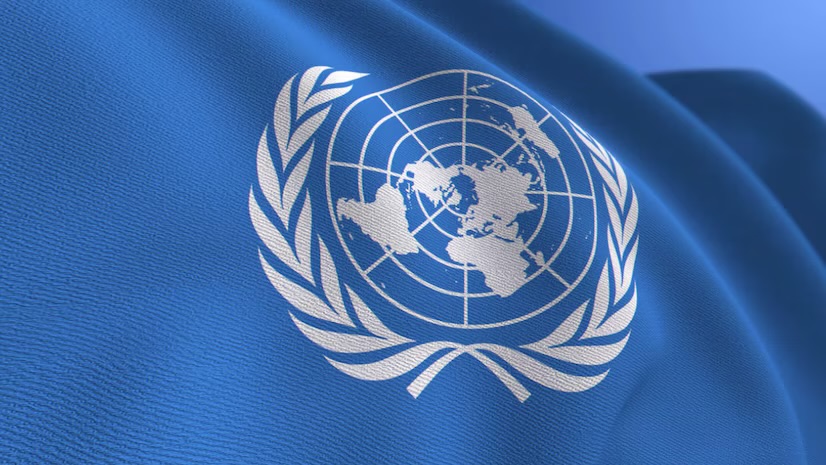
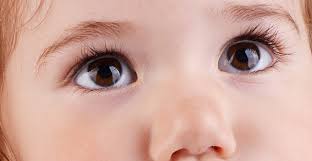
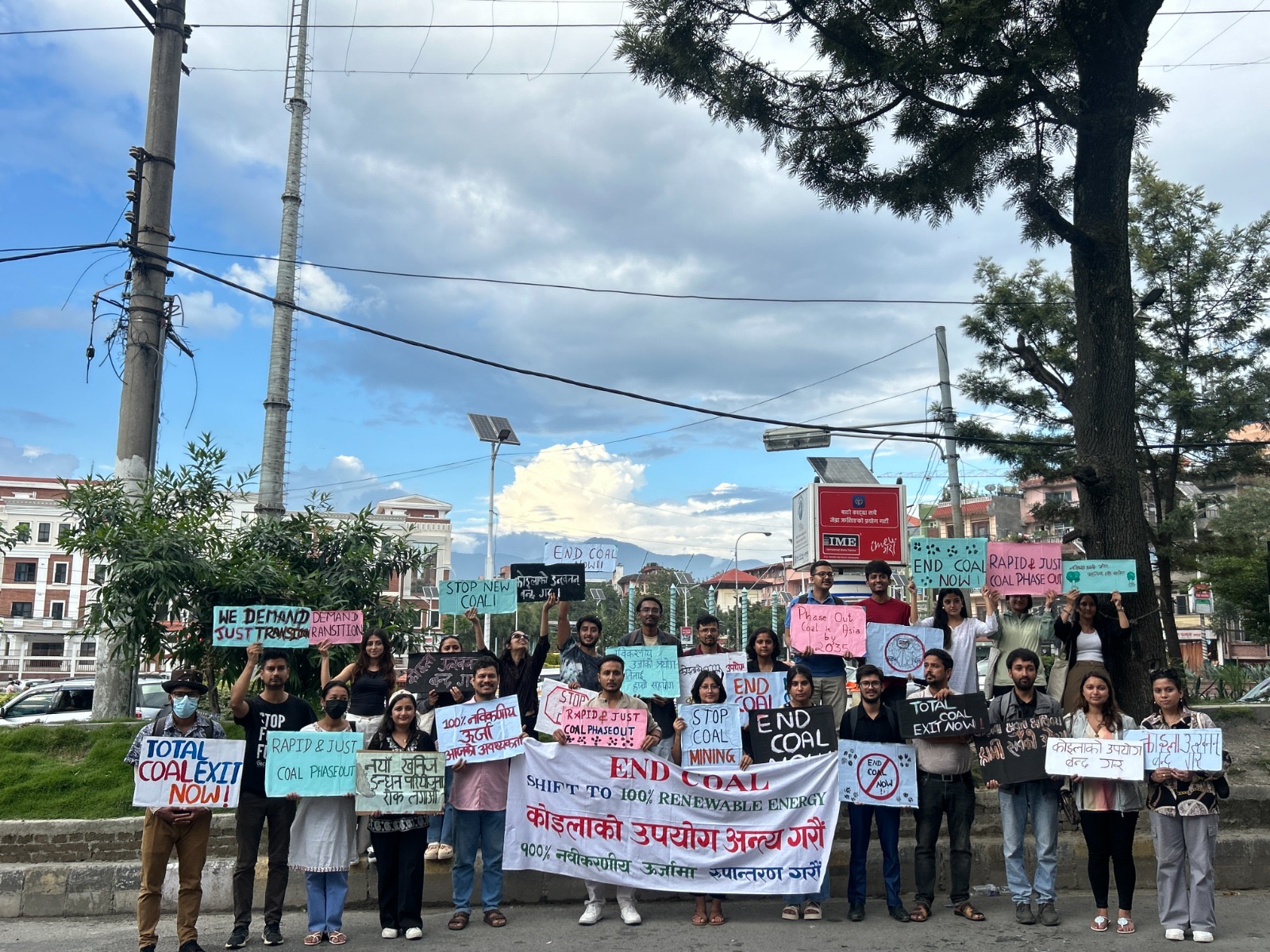

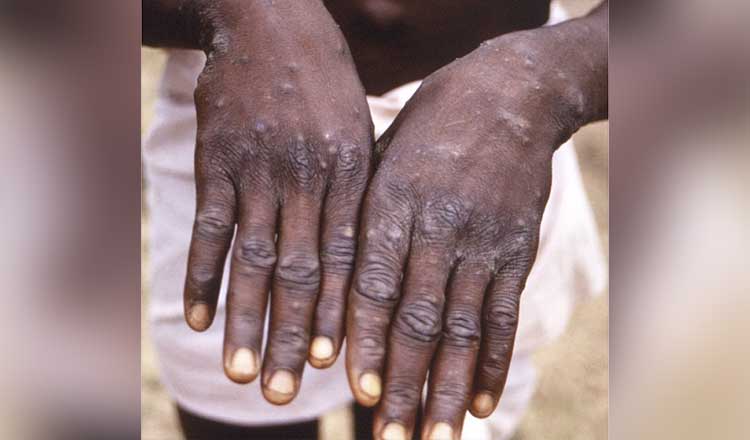

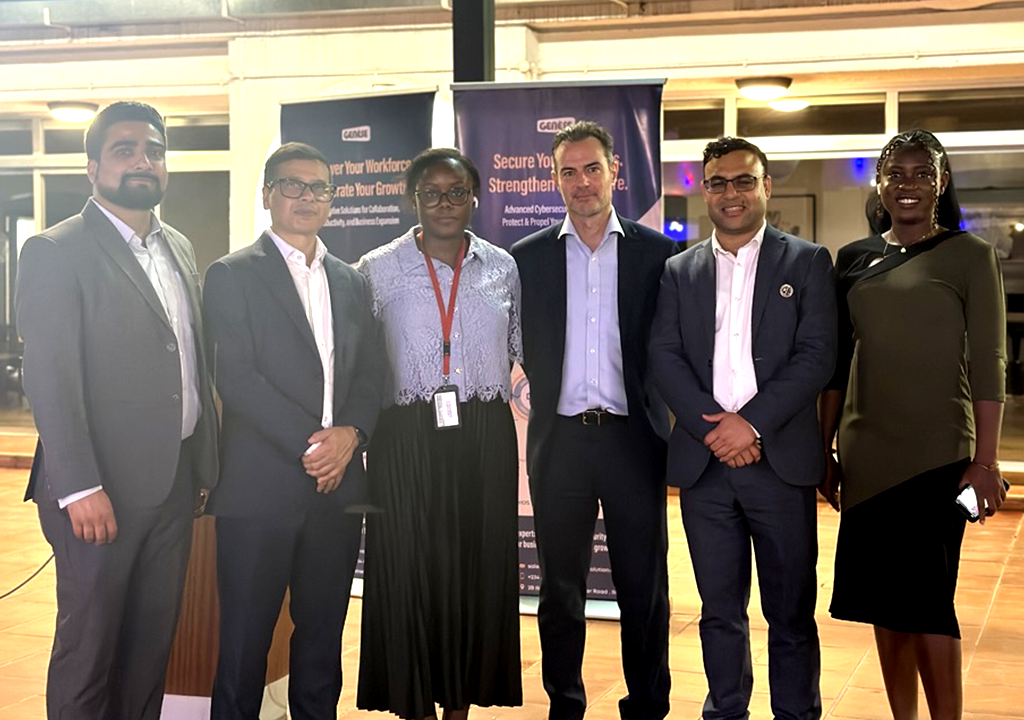




Facebook Comments